%20(2).avif)

You wake up and turn off your alarm. It was supposed to be a pleasant experience, but even the sweet sounds of birds chirping or your favorite tune can’t distract you from the reality ahead: It’s time to go to work and grind.
It doesn’t have to be this way. No matter where you are in life, you still have options. A high-stress, low-paying job isn’t the end-all and be-all. A career switch is possible — and could improve your life in a myriad of ways.
If you’re looking for easy career changes that pay well, you’re best off starting in the tech industry. It’s no secret that tech jobs are both abundant and lucrative: The U.S. Bureau of Labor Statistics (BLS) puts the average annual salary for computer and information technology occupations at $105,990. Considering that the median wage for all occupations is $49,500, that’s a lot more money in the bank.
In addition, the BLS reports that around 317,700 new tech job openings are projected each year because of growth and interest in this sector as well as the need to replace talent as they leave or retire.
Why IT roles are easy, well-paying jobs
What makes tech roles the best career change jobs out there, besides the substantial and reliable income? Well, for one thing, making a career change into tech is a lot easier and faster than switching to another high-paying field like law or healthcare. While you need a degree and years of training to become a doctor, lawyer, or nurse, you only need practical experience (and some easy-to-hone soft skills) to break into software engineering, data science, or AI automation — much of which can be developed and acquired outside the traditional classroom.
Online bootcamps, for example, are affordable, can fit into a packed work or life schedule, and are incredibly attractive to employers. Eight out of 10 respondents to our employer survey said they’d hire candidates who have non-traditional backgrounds. And if that’s not reassuring enough, 80% of TripleTen students came to our program without any prior experience in tech, and 82% of our grads secured a tech job within six months of finishing their programs.
Now that we’ve got your attention, let’s dive into easy jobs that pay well without experience (or rather, formal experience!) in tech, and how to find a new career that actually gets you excited to get out of bed in the morning.
What career should I switch to?
To figure out what career to switch to, you’ll first want to explore new career options out there and available to you. A quick Google search or sifting through job boards is a good place to start (or keep scrolling for a list of easy remote jobs that pay well in tech!).
Then, ask yourself questions about the work environment you want and believe you’d thrive in, such as:
- Do you prefer working on large or small teams?
- Do you want to work in an office or from home?
- Do you like work that’s collaborative or individual?
- Do you want to manage people or projects?
- Do you enjoy solving problems or coming up with new ideas to tackle a challenge?
Your answers will help indicate the kind of tech job that makes the most sense. For example, some tech roles, like software developer, require more heads-down solo work than others, like DevOps engineer.
5 easy jobs to get that pay well
Once you have a good sense of how you like to work, give these easy, well-paying jobs a gander:
AI engineer
AI engineers earn top dollar thanks to the recent AI boom driven by large and small companies worldwide, with the average annual salary for this entry-level job sitting at a median of $112,000 a year as of the time of this writing.
So what is the role of an AI engineer exactly? These specialists spend their days coding in Python and developing and managing neural networks that power intelligent products we encounter every day, from customer service bots to self-driving cars to marketing automation tools. It may sound like a massive career leap, but really it’s all about getting hands-on experience with crucial hard skills — and that’s as easy to do in a part-time bootcamp as it is through a full-time master’s.
How soon can I start this role?
With TripleTen’s AI & Machine Learning Bootcamp, you can master the skills to become an AI engineer in nine months.
What are the key responsibilities?
- Developing, training, and refining machine learning/AI models
- Deploying and monitoring AI models
- Collaborating across the company with software engineers, data scientists, and other stakeholders
What’s the average entry-level salary?
$85,000 to $151,000 a year according to Glassdoor as of the time of this writing.
Who does this role fit best?
People with strong problem-solving, data, and communication skills such as math teachers, product managers, or technical writers.
Web developer
Web developers make a median of $82,000 a year at the entry level as of the time of this writing, meaning you’re already ahead of many careers in terms of salary potential. And because the role requires at a minimum knowledge of simple, quick-to-adopt coding languages like HTML and CSS, it’s an ideal path for eager tech career changers. Consider the stories of TripleTen graduates Isabelle Cuisset and Nathanael Anderson, who transitioned from fashion and bartending respectively to web development.
Web development is all about building and maintaining websites, and spans a number of meaningful and impactful industries, from healthcare to retail to finance. Think about it: How often do you interact with sites day to day, and how much do those interactions ensure you get what you need when you need it to live a happy, productive, and healthy life? As a web developer, you could have a major say in how those experiences play out for consumers around the world!
How soon can I start this role?
With TripleTen’s Software Engineering Bootcamp, you can gain the requisite skills in nine months if you choose the part-time program or four months if you go for the full-time version.
What are the key responsibilities?
- Designing and coding websites and applications with languages such as HTML, CSS, JavaScript, and occasionally back-end languages such as Python
- Collaborating with fellow experts such as UX/UI designers and QA engineers to make sure the product is visually appealing, clear, and functional
- Managing databases and ensuring data synchronizes between the client and server
What’s the average entry-level salary?
$63,000 to $107,000 a year according to Glassdoor as of the time of this writing.
Who does this role fit best?
Creative, organized, and empathetic people with a knack for unconventional problem solving such as marketers, copywriters, and people in retail and hospitality.
Data analyst or business intelligence analyst
Data is king right now, which means data analysts and business intelligence (BI) analysts are going to be in demand for some time. For this reason, these jobs can garner salaries in the high five figures, with Glassdoor putting the median entry data analyst salary at $81,000 a year and BI analyst salary at $98,000 a year in the US as of the time of this writing.
Data analysts slightly differ from BI analysts, but both roles are prime for making a career change quickly and easily. Data analysts use tools like Python, SQL, and Tableau to analyze and pull trends that can inform business decisions, such as whether a marketing campaign is worth repeating or a financial strategy is producing ROI. BI analysts may also use SQL as well as data management tools like Microsoft Excel and Azure to weed out errors in data and create visualizations for making market predictions or providing insights to key stakeholders.
All of these skills can be learned and honed without returning to school full time: Many of our bootcamp graduates (like communications and media studies major Lidia Jimeno Harvey and veterinary nurse Michelle Le) broke into data analysis and business intelligence after just several months of training online.
How soon can I start one of these roles?
You can master the skills needed for these roles in four months with TripleTen’s Business Intelligence Analytics Bootcamp.
What are the key responsibilities?
- Gathering, cleaning, and sorting data from disparate sources
- Putting data through analytics, BI, and visualization tools to extract insights
- Presenting recommendations based on findings to guide stakeholder decision-making
What’s the average entry-level salary?
$64,000 to $103,000 a year for data analysts according to Glassdoor as of the time of this writing.
$80,000 to $122,000 a year for business intelligence analysts according to Glassdoor as of the time of this writing.
Who do these roles fit best?
People with analytical skills who are comfortable with spreadsheets and presenting findings such as salespeople as well as those from finance/accounting or HR and administration.
Software engineer
Software engineers are the backbone of the digital world, ensuring everything from your car to your phone to your baby monitor functions seamlessly. Since we so heavily rely on these products, this job will consistently require new creative talent — and pay well for it. Junior software developers, for example, make a median of $117,000 a year according to Glassdoor as of the time of this writing.
Software engineering requires knowledge of common coding languages, including JavaScript, SQL, and Python, many of which are best taught in a hands-on environment like an online bootcamp or certification. If you don’t believe us, read about Jenny Doctor, who quickly changed jobs from teaching music to elementary kids to building software for a finance app.
How soon can I start this role?
TripleTen’s Software Engineering Bootcamp can teach you the skills to become a software engineer in nine or four months, depending on whether you go for the full- or part-time program.
What are the key responsibilities?
- Turning user/business requirements into tangible technical specifications
- Designing, testing, and deploying software
- Making sure software meets standards for security, reliability, and scalability
What’s the average entry-level salary?
$91,000 to $154,000 a year according to Glassdoor as of the time of this writing.
Who does this role fit best?
Logical, persistent, and creative people such as teachers, people working in customer support, and lab or science techs.
QA engineer
Every industry needs a gut-checker: a home inspector to look for leaks, an accountant to keep budgets in line. Quality assurance (QA) engineers are the gut-checkers of tech, in that they flag code to ensure it ends up debugged and error-free. Without them, we’d likely experience much poorer quality apps and services, or deal with crucial products breaking down when we most need them.
Tech companies need QA engineers to maintain trust and loyalty with customers, which is why they’ll pay a hefty sum to hire and retain them: Entry-level positions command a median salary of $85,000 according to Glassdoor as of the time of this writing.
You can snag a QA tester role with some full-time or part-time technical training on popular automation tools and programming languages, just like former law enforcement officer Gerardo Antolino Torres II and former firefighter Ryley Johnson did.
How soon can I start this role?
TripleTen’s QA Bootcamp will teach you QA skills in five months.
What are the key responsibilities?
- Planning and implementing tests, whether manual or automated, to detect bugs and make sure a product is up to snuff
- Documenting, tracking, and reporting test results to software experts
- Developing standards and procedures that can help ensure quality at an organizational level
What’s the average entry-level salary?
$68,000 to $107,000 a year according to Glassdoor as of the time of this writing.
Who does this role fit best?
People with attention to detail and an interest in process improvement such as customer service specialists or people in administration or operations.
UX/UI designer
User experience (UX) and user interface (UI) design bridges the gap between the creative and the technical, making the job appealing to aspiring career changers in artistic fields. As a beginning UX/UI designer, you can be paid a median of $80,000 a year according to Glassdoor to make beautiful, user-friendly products by combining research and experimentation with design skills and testing. And you guessed it: UX/UI skills can easily be gained in a nontraditional setting, like an online course or externship.
How soon can I start this role?
TripleTen’s UX/UI Design Bootcamp will teach you design skills in five months.
What are the key responsibilities?
- Developing prototypes, wireframes, and mockups to visualize how a site or application will flow and look
- Creating the actual graphic components for the site or application
- Collecting and synthesizing requirements via research, user interviews, and collaboration with internal stakeholders
What’s the average entry-level salary?
$60,000 to $109,000 a year according to Glassdoor as of the time of this writing.
Who does this role fit best?
Communicative, empathetic, and visually creative people such as graphic designers, people from art or fashion, or HR professionals.
Benefits of a fast career change into IT
The benefits of making the switch to information technology include, but are certainly not limited to:
- A high-paying salary
- A dependable career path
- Consistent career growth
- Minimal sacrifice in terms of personal time, money, and energy
- A meaningful impact on products and services you care about
.jpg)

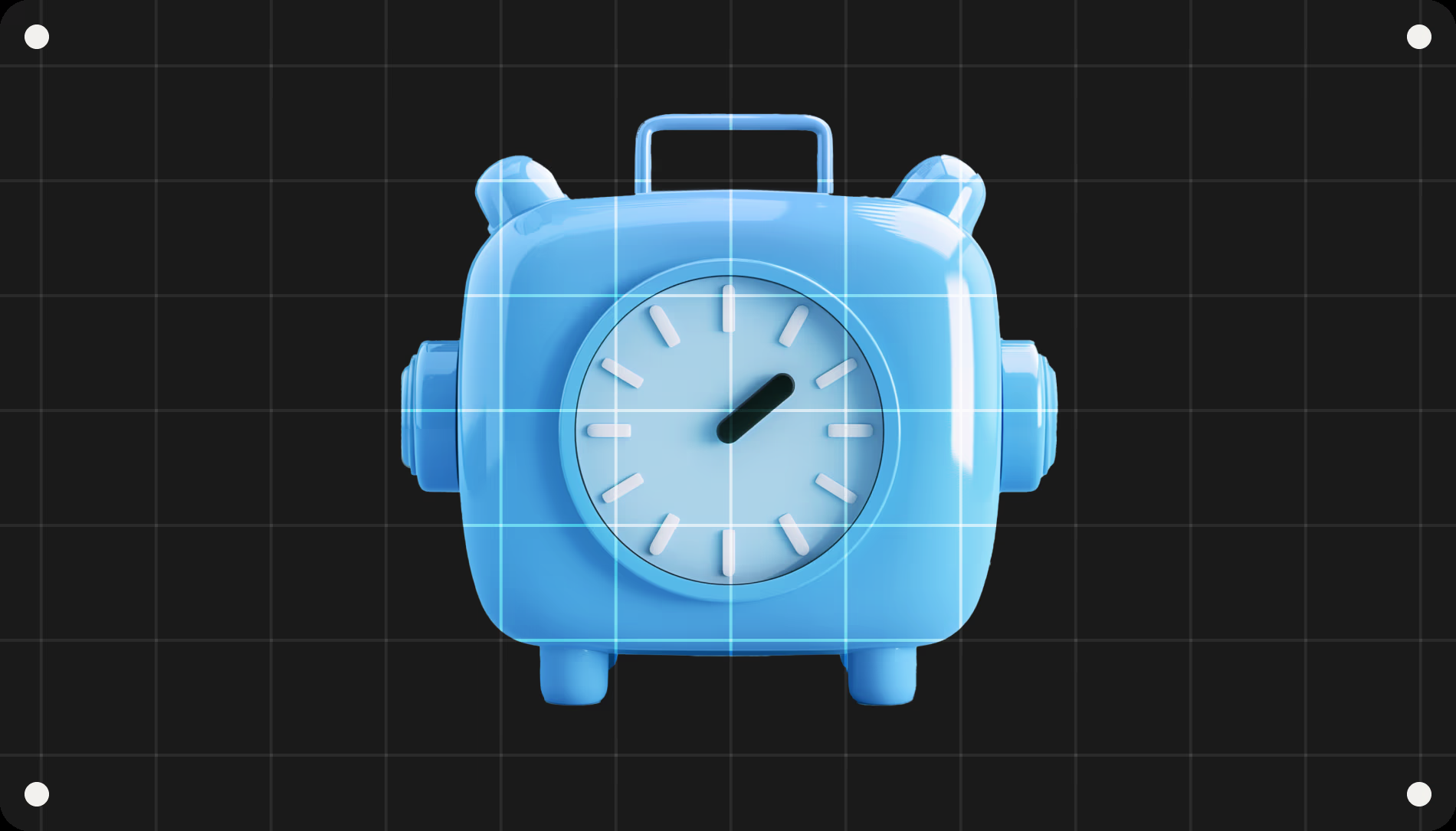

.avif)

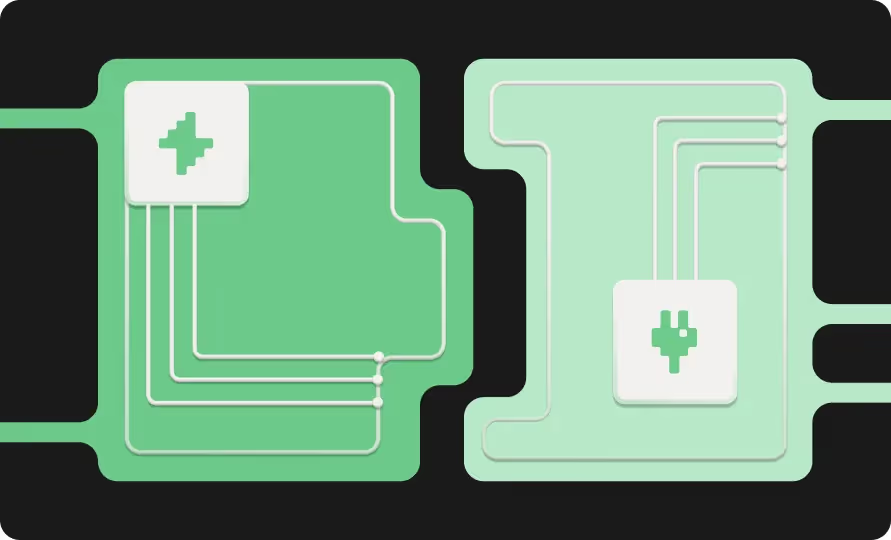

.avif)
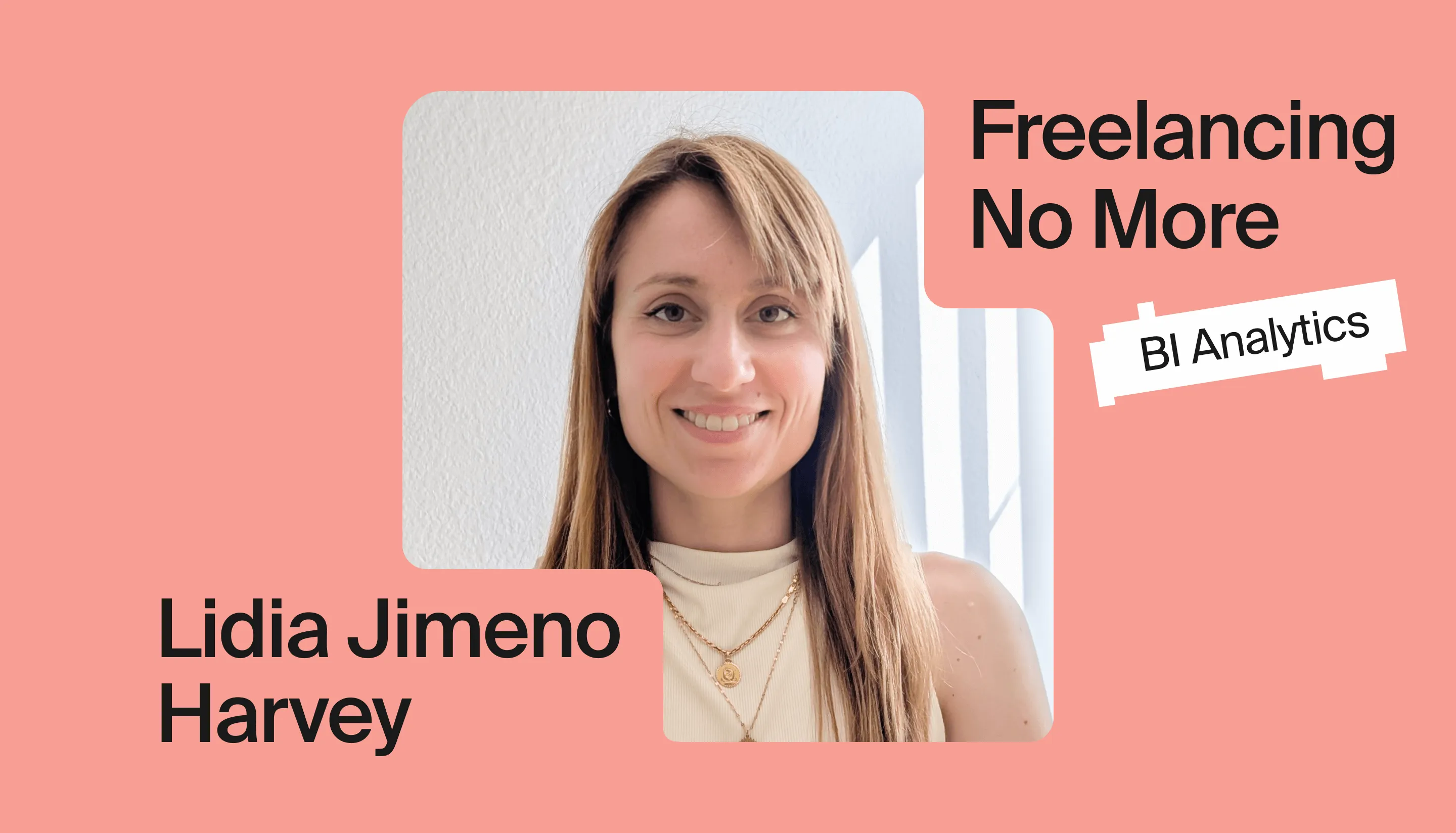
%20(2).avif)
.avif)

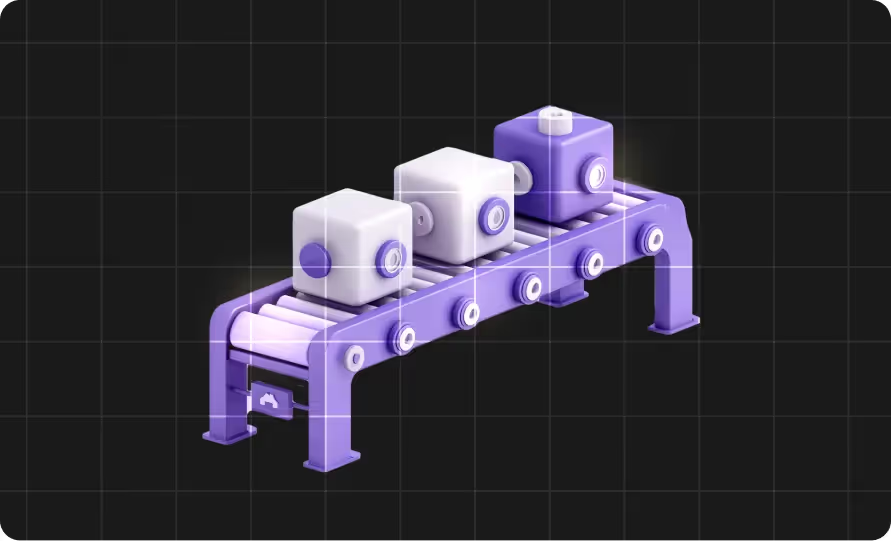
.avif)
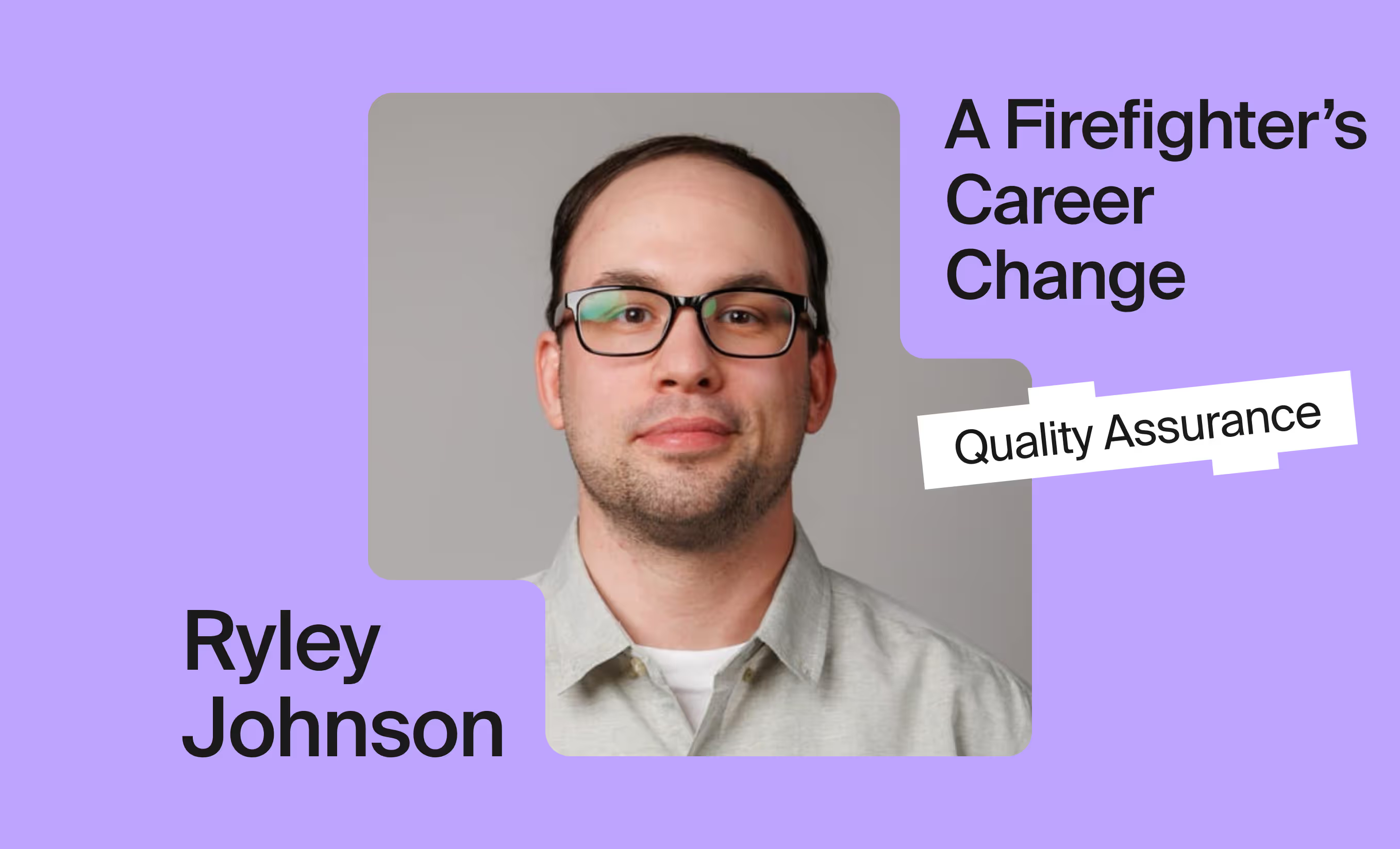








%20(1).avif)

.avif)
.avif)

